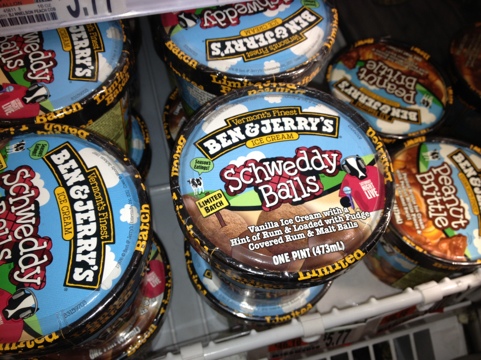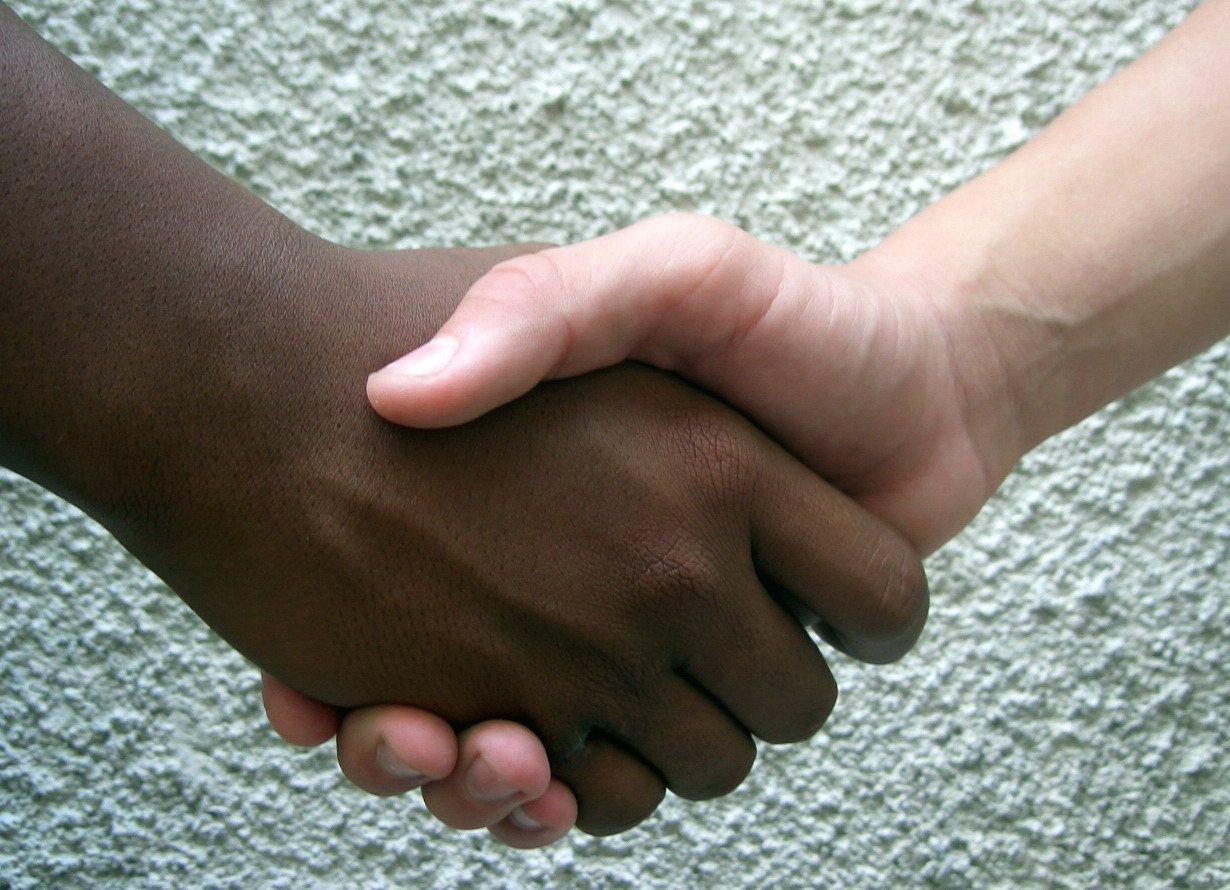I know nothing and don’t pretend to be qualified to write on the topics of race or racism. I’ve grown up as a white woman in largely monochromatic communities that resemble me. In college I became friends with people with different skin tones, but I’ve not maintained those relationships as part of my inner circle. The people with whom I spend most of my time, and therefore those who I become most like, look just. like. me. This is not something I’m proud of and it’s not something I know how to remedy.
My experiences are limited. But here are the experiences, often of others, that are shaping the way I absorb what is happening in our society right now.
Growing up in a rural white community, I had only 2 black kids in my entire school. Siblings, both were gifted – academically, musically and athletically. At one point Terry had a bet going with a friend, a chicken fight to see who would finally break down and cut his hair. In the meantime, Terry’s unruly afro took the spotlight on the basketball floor. A neighboring school decided he looked like Rufio (from Hook) and taunted him with the Ruf-i-ooooooo chant throughout entire games. I cannot speak for how Terry internalized it all; I can only speak from my experience. I grew up in a time and place where it was okay for large groups of white people to taunt a person because of how he looked, which was largely related to his race. No one stopped those students. No administrators, from either school stood up and said, “you know, it’s not okay to taunt someone because he looks different than you.” They simply expected Terry to let it roll off his back. I’d bet the knowing adults thought it would make him more resilient or stronger or something.
Now, looking back, I can understand if it made him angry. It makes me a little angry – and I was there and I did nothing to stop it either.
My friend E is freaking brilliant. If you don’t have a friend like this, you should get one. When she starts talking about race and socioeconomic inequality, I sit down and secretly take notes. Y’all, she and her husband share as a family value the work of becoming anti-racist.
She describes current racism in America as a moving walkway, like what you find in the airports. The current of society is going in a particular direction and a person’s race impacts how they experience the world. You don’t have to be actively walking on that path to be moving in the direction of racism – our society will move you in that direction anyway. She says that what it takes is people making the deliberate decision to turn and walk against the current of culture to become anti-racist.
You don’t have to fly flags, wear white sheets at night or make inappropriate jokes to be racist. Really, all it takes is a denial of the general undercurrent of our society to be moving in the direction of racism.
That’s not a direction I want to be heading with my family. (If you chant loud enough, perhaps we can convince E to guest post the ways in which she and her family try to live out their anti-racist values. *Begin slow clap*)
My friend Kia is a young black woman currently living in Tennessee. Not long ago she shared on Facebook that she had been driving through rural Tennessee, alone, and needed gas. It took driving by at least 2 gas stations to fill up, because both had on the premises a prominent confederate flag.
I’ve had my own sketchy-gas-station experiences, late at night and in unknown parts of town (ahem, Springfield) where I get in the car pretty quickly and lock the door. Unfortunately, this is simply part of the way I experience the world as a woman. Even with limited similarity in experiences, I cannot imagine having to drive on, not because you’re philosophically opposed to such a symbol, but because that symbol conjures actual fear.
That symbol doesn’t represent to Kia the “rich history of the south.” It reminds her that she is not welcome because she is black.
Two of the most dangerous words in our language are “we” and “they.” When those arise in conversation, my warning flags go up. As I’ve attempted race conversations in the past, those words are used. Some people want to point out the way “they” act – violence, rioting and the like. Yet when white cops get violent with young, unarmed black girls, or a white teenager open fires on unarmed black church-goers, we just say “he’s crazy.” We treat it like an isolated event, even when a scroll through the newsfeed of the past 2 years says otherwise. That cop didn’t become crazy in a vacuum. He learned these attitudes and beliefs from somewhere, namely the larger society. I’m guessing he had more people in his life snickering at his racist jokes than telling him that they weren’t appropriate.
I was recently driving to a friend’s house in an upper-class neighborhood. It was a beautiful day and many of her neighbors were out doing yardwork. One of her neighbors was black. I thought to myself, this is what I’ll miss: black neighbors who live similar lives to white neighbors.
Where we are moving, there is very little diversity. My children’s primary experience of black people will be when we leave the community, specifically if we’re in a service role. But I don’t want my children to learn that black people need our help and white people live in the nice houses. When much of our experience of racial differences comes when we visit pockets of people who are different from us in all ways, not just in race, I’m not sure we make any progress.
I want my kids to have black teachers, black doctors and black bankers. I know people balk at affirmative action, but until the highest paid roles in our country represent our racial make-up we need to create space for those opportunities to exist.
Does this mean seeking out black professionals in my own life? Is it wrong or okay if I choose to do business with them because they’re black? Does choosing someone based on race actually take us in the reverse direction? Am I allowed to ask these questions publicly?
I hesitate to post this publicly. It’s a sensitive issue and I’m not known for my sensitivity. I’m positive I’ve said things wrong. I’ve portrayed an unfair picture. I know I will get, “yes, but…” pushback. But I also know that sitting by silently won’t change anything, either. I’ve been reading and following the #saysomething campaign and I see other white, female writers who feel as unqualified as I do to write anything about the black experience in America.
But, as a friend recently told me, it’s better to say jumbled yet well-intentioned words than nothing at all. The willingness to fumble my way through it is my best attempt to do the right thing. I don’t have answers, but I know silence won’t bring about change when it comes to race issues in America.

